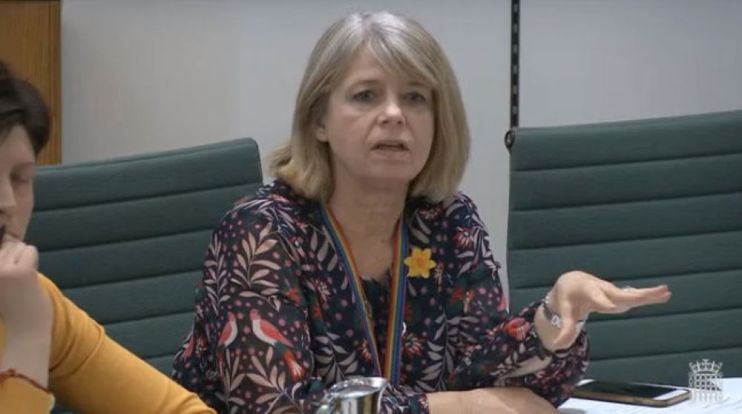Savings accounts: Banks under fire as MPs demand to know why interest rate rises have not been passed on to savers

MPs have asked further questions of banks’ savings rate as pressure increases on the UK’s major high street lenders to pass on higher interest rates to consumers.
In a letter to the heads of four of the UK’s largest banks, chair of the Treasury Committee Harriet Baldwin asked banks why their savings rates remain lower than the Bank of England’s base rate.
Baldwin noted that the Bank of England has increased its base rate to four per cent, but the interest rate banks’ savings products still remain much lower.
The interest rate on HSBC’s ‘flexible saver’ account is the highest at 0.9 per cent. NatWest’s ‘flexible saver’ pays 0.65 per cent as does Lloyds’ ‘easy saver’ account. Barclays’ ‘everyday saver’ pays the least at 0.55 per cent.
Baldwin said constituents may “reasonably surmise” that banks have “taken the opportunity of a rising bank rate and a reluctance of customers to switch to increase net margins and profits.”
She asked the bank chiefs for details on why the interest rate on the banks’ saving products is “so much lower than the bank rate”.
The letter follows up on a Treasury Committee hearing last month in which MPs accused banks of being “ungenerous” on their savings rate, an accusation which the bank bosses rejected.
Since then the UK’s largest lenders have reported their profit for the final quarter of the year, with NatWest, Lloyds and HSBC recording big increases on last year.
Baldwin also drew attention to the high level of executive pay at the banks, confirmed in last month’s results.
CEO of NatWest Alison Rose saw her pay increase 46 per cent on last year, while HSBC’s Noel Quinn recorded a 14 per cent increase.
Barclays chief CS Venkatakrishnan received £5.2m last year. CEO of Lloyds Charlie Nunn is likely to earn £4.7m, based on historical payouts, but the maximum hypothetical payout for next year is £7.4m, although this is very unlikely.
Baldwin asked the banks for details on how their pay is determined, asking if it is connected to profit, net margin, the performance of the savings business and its mortgage business.
“It is difficult to avoid the conclusion that our biggest banks are taking advantage of their most loyal customers to increase profits and CEO pay,” Baldwin said.
“The most powerful tool consumers have is to take their money elsewhere. But the banks also have a responsibility here. They need to step up and offer our constituents reasonable savings rates.”